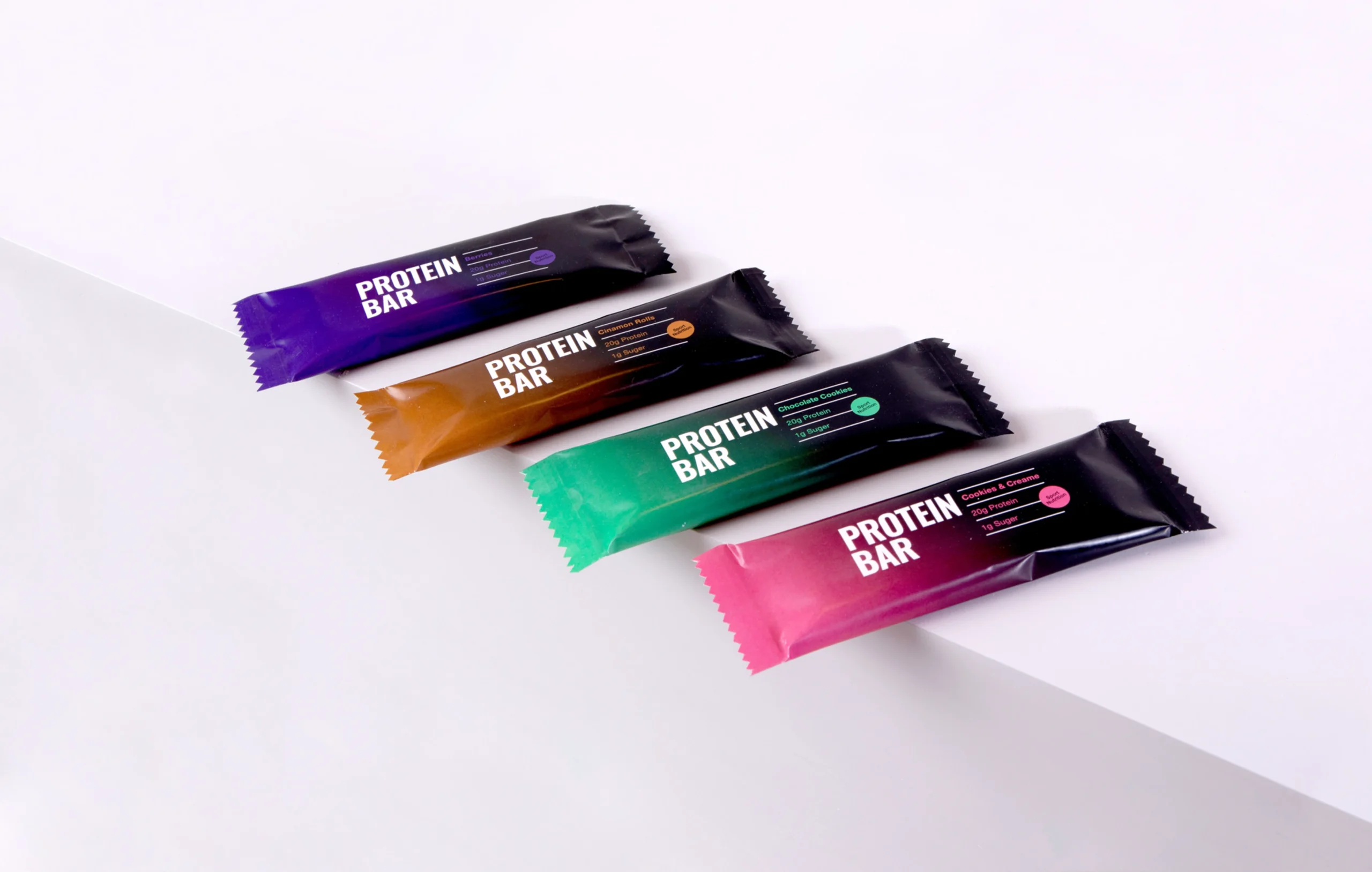Our article with IIFL about the flexible packaging space
India, with its burgeoning economy and young demographic, is one of the fastest-growing, major economies. With discretionary spend increasing, FMCG is expected to grow at a pace of 14.9% until 2025. However, how does a Value Investor capitalize in this space? – As at 8 Feb 2022 the PE multiples for some of the key players were: Colgate – 36.5x, Hindustan Unilever – 60.3x and P&G Hygiene and Healthcare – 85.5x. These aren’t exactly cheap and are several times book.
Well, there is quite a relatively unloved sector that is growing broadly at the same pace as the key FMCG companies but valued at a fraction of the multiple and in some companies, at less than book. This broadly means that you can get exposure to the space at less than what it costs to build, and this is without taking into account, experienced management, brand and other elements of goodwill. This sector is called Flexible Packaging.
What is Flexible Packaging? It is what you open to eat your Lays Chips, and tear to before you eat your Cadbury’s. Essentially, it is primarily used to package food as well as many FMCG products.
So why is this sector so overlooked, despite India having some of the world’s leading companies in this industry? For one, the companies are generally mid-caps with even the larger players valued at under USD 1 billion. There is relatively little narrative around them, with limited analyst coverage and flexible packaging as an industry hardly sounds exciting, but neither did Specialty Chemicals until recently.
Yet, we believe it deserves more. It is one of the few manufacturing companies that was actually pandemic-proof. Not only was it an essential, but a product whose demand increased as people gravitated to well wrapped goods and the rise of the PPE sector.
Also, in the last few years, there has been an increased interest from some of the marquee investors in the broader packaging space. Blackstone acquired a majority stake in Essel Propack, a leading laminated plastic tube manufacturer, while Warburg Pincus took a majority stake in Parksons Packaging, India’s largest folding carton manufacturer.
In fact, some the Indian flexible packaging players have even grown faster than the Indian growth rate. They have done this by expanding their manufacturing capability overseas from the US to Europe to Asia and through this have become true multi-nationals. A feat that few Indian companies have done and that too successfully.
While we reserve the right to be wrong, in our view, flexible packaging is a relatively attractive sector for a value investor to get in on the FMCG growth story. And for all matters of disclosure, we have a position within the sector.









